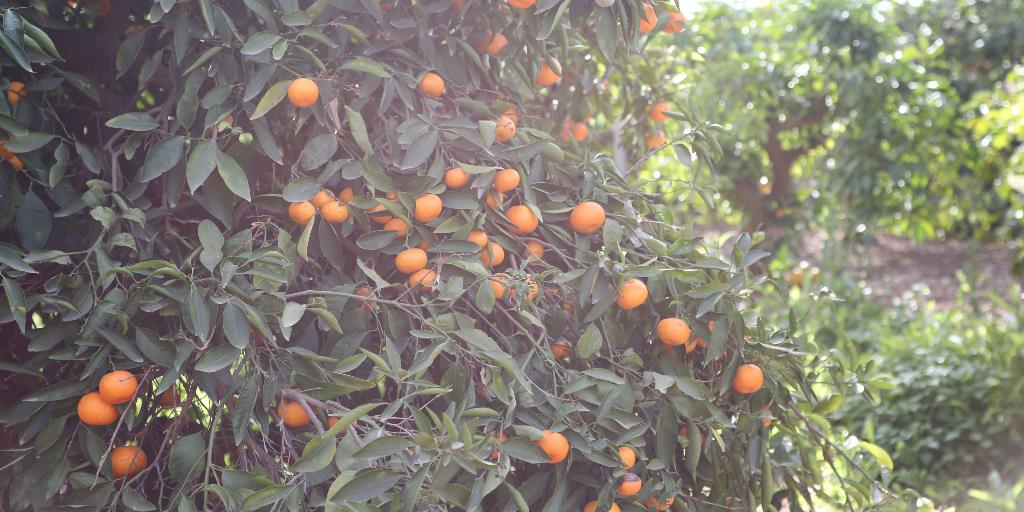Pips in citrus are natural wonders. Did you know there’s a reason why pips occur more often in organic fruit? It’s all to do with biodiversity (and visiting bees!). So read on, dear reader, to find out more.
Pip, pip, hooray

Our darling leafy clementines
A natural phenomenon is taking place in our leafy clems. It's caused by pollination. Eating natural organic food means you're allowing Mother Nature to do her thing, without having to combat brutal chemical rubbish (hats off to you). This does mean, that sometimes, you’re going to run into a pip or two. The good news is that pips are good. Pips mean bees, and bees are great. Here's the skinny from our Peter (plant expert and lover of our fuzzy pollinators):
"Citrus can be seedless (actually there will nearly always be some seeds) or seeded and is primarily a result of the growing practice. For a fruit to have seeds it must be visited by a bee with pollen from another trees (the tree will not produce male and female parts at the same time to avoid self-fertilisation). If you have a single tree in your garden then bees will visit your neighbours trees before coming to yours, resulting in your tree being pollinated and seeds in your fruit (50 seeds per fruit is not uncommon). If you have a large field of a single variety then the bees in that field will not have collected any pollen prior to visiting your flowers meaning they are carrying no pollen so you get seedless fruit. In practical terms bees range far and wide and so they are likely to have visited neighbouring farms and carried some pollen to yours which is why there will inevitably be some pips. Often farms will harvest outside rows of the fields separately as these will have been visited by the bees with the most pollen and will probably have more seeds."
So there you have it. Your leafy (sometimes pippy) clems are the result of a very exciting bee adventure worthy of a Pixar animation. Here's to the bees, without them we'd be in a right pickle.


